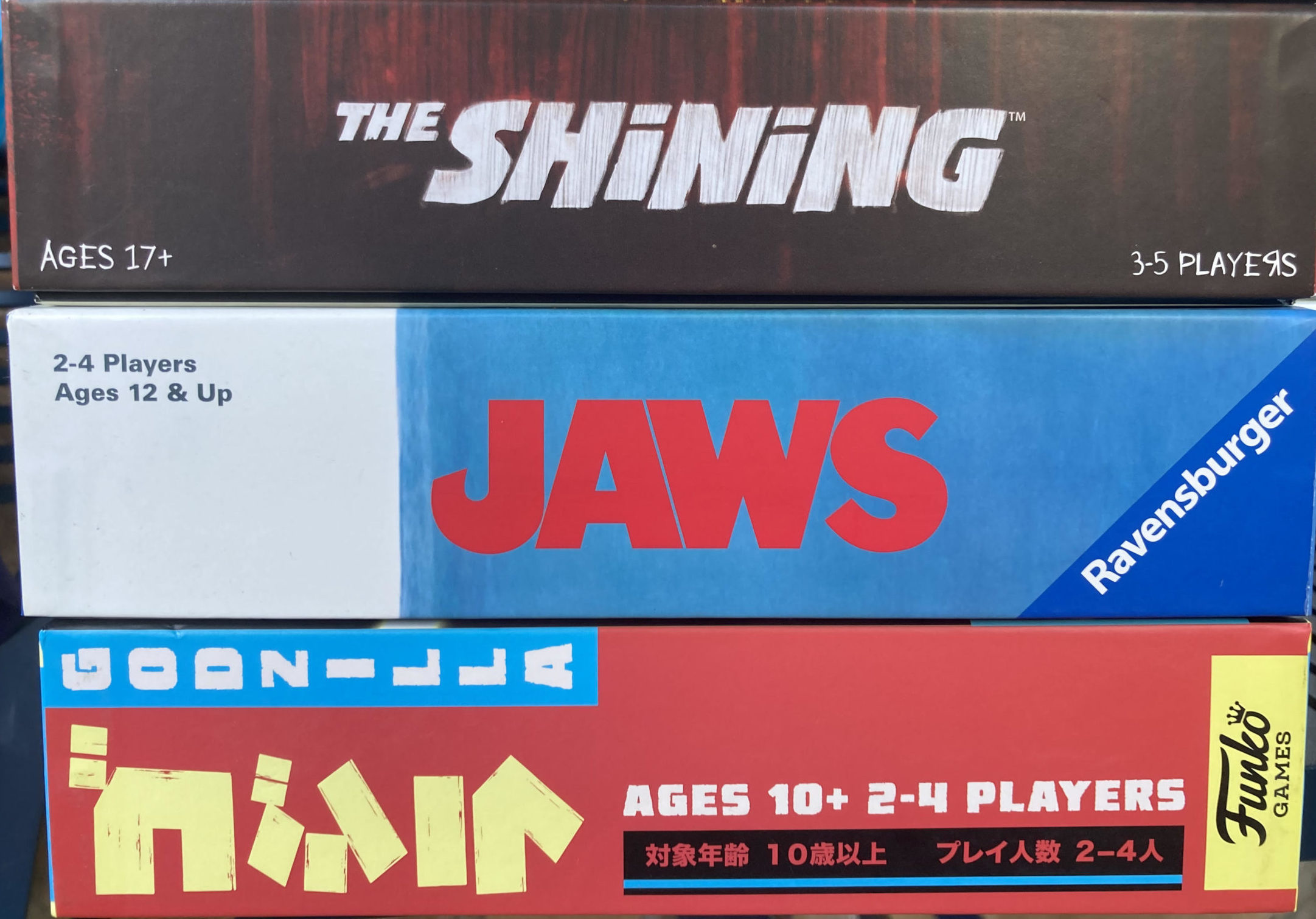MDST 3912 – Meets Mondays, 4:00pm-6:30pm
This course is applicable toward the MDST MDST Film Concentration.
In 2022, every single one of the top 20 grossing films worldwide was an adaptation — of characters from a previous film (e.g., Top Gun: Maverick), spinoffs of other film series (Lightyear), of linked comic book characters (Thor: Love and Thunder, Black Panther: Wakanda Forever, Doctor Strange in the Multiverse of Madness), but also sequels of a webcomic (Moon Man) or earlier short films (Smile). And in 2023, we now see the dominance of an adaptation of a doll — Greta Gerwig’s Barbie — taking home over one billion dollars in worldwide gross. Adaptation, rebooting, remaking is the currently dominant logic of the worldwide film industry, and have implications for multiple other media.
We may wonder: How do stories and genres change when adapted from one media form to another? How do we understand the ways adaptation changes the meaning, the intended audiences, and the forms of a creative media work? How do 21st century industrial logics influence the rise of adaptations, “reboots” and remakes of popular media franchises? How do we understand media adaptation through multiple scholarly, experiential, and especially creative dimensions?
In Spring, 2023, MDST3912: Adapting Media will be focused on media adaptation from critical, industrial, and creative directions. Students will be tasked with managing three parallel concerns: (1) engaging with existing Media Studies scholarship on media adaptation; (2) experiencing multiple media adaptations; and (3) developing, individually and in groups, creative adaptations of media works. Each of these is important and each will be brought into conversation with one another.
We will take an expansive view on media adaptation in this class! This is not approaching adaptation solely from established “adaptation studies” directions or on film adaptation solely. Instead, we will view adaptation, reboots, remakes, and reimaginings as an evolving goal and logic across multiple media, from film to games to comics to podcasts. Our understandings of media adaptation will reflect both established scholarship and our first-hand experiences with adapted media.
We will work through several large case studies on media adaptation, as well as several smaller creative activities, each highlighting both historical moments in media adaptation as well as contemporary challenges to adaptation. Texts we might draw from in the class may include:




We will read a number of excerpts from the above readings rather than complete texts. Students will also be tasked with watching film and television adaptations out of class, as well as playing some game adaptations in a reserved space in Wilson Hall.
For this semester, we will also wrestle with the creative task of media adaptation firsthand, with several in-class and out-of-class exercises intended to guide students through adaptations of their interest. You will make multiple, small adaptational texts throughout the term — these will be (hopefully fun) experiments, meant to push you to consider the choices that are made in adapting media. You will develop at least one short (4-5 page) excerpt of a screenplay, you will make at least one small tabletop game, and you will make at least one “pitch book” PDF envisioning a more complex adapation. You will have the option to develop more complex adaptations if you wish.
No experience with media production is assumed for the course; in fact, we will be judiciously using generative AI/language learning models instructionally as a part of the course, to augment our creative work. As a consequence, we will also dig into the ethics of generative AI in creative industries, including discussing labor implications of these technologies.
It should hopefully be clear that active learning is a central goal for the course, and students will be given multiple opportunities to learn through working with one another as well as through group activities both in the extended class session and in spaces outside of class.
This course is fundamentally a seminar with an extended meeting time to facilitate screenings, play experiences, and also some workshop elements. Class participation will be a key part of the course, and high participation from all students will be expected. There will be no final examination for this course (no examinations at all). Assessment will be in the form of multiple papers and creative projects.
If you have any questions about the course, feel free to email Dr. Duncan at sean [dot] duncan [at] virginia [dot] edu.
